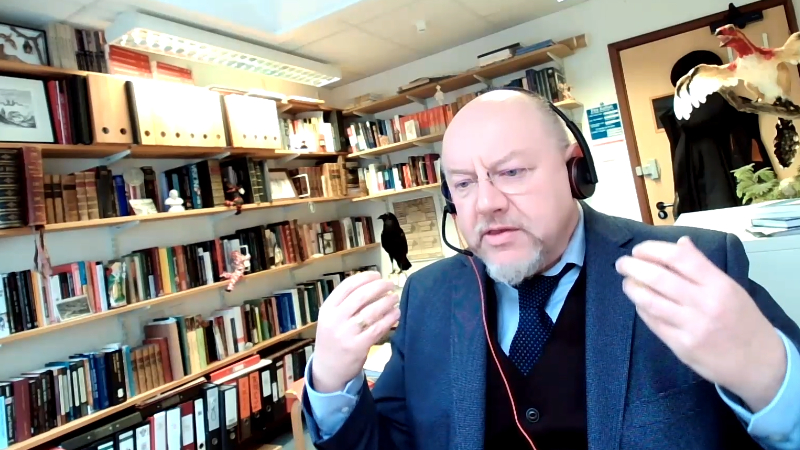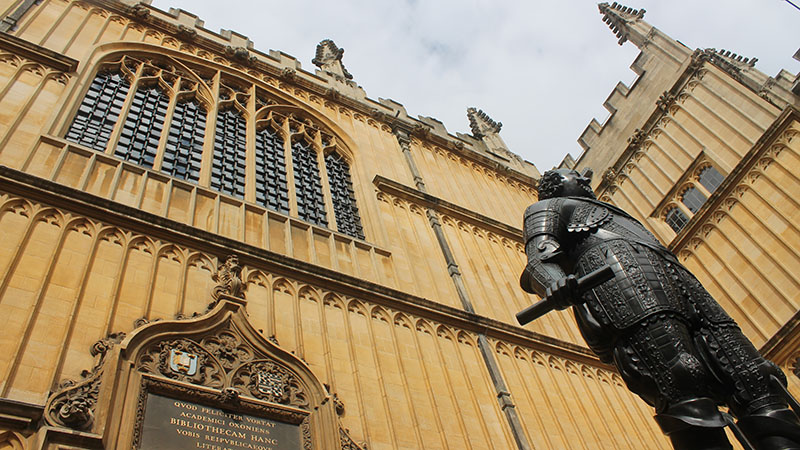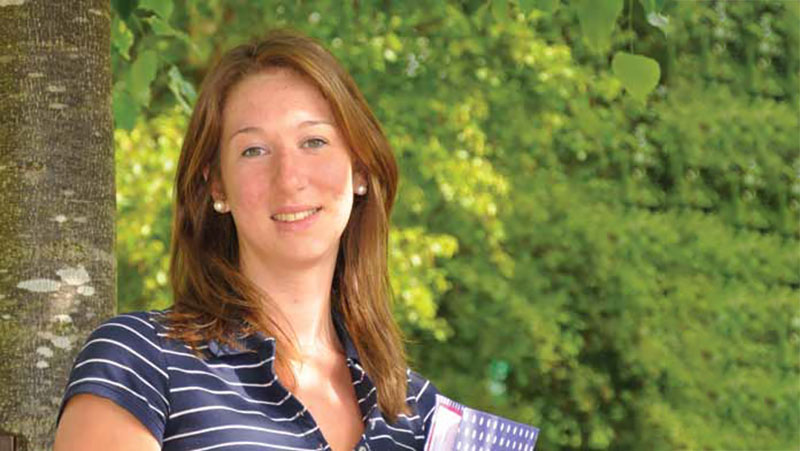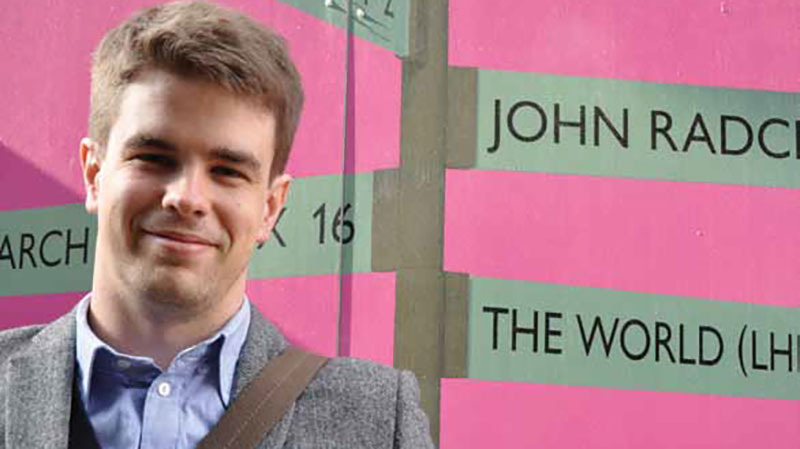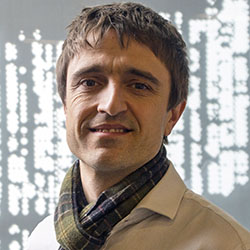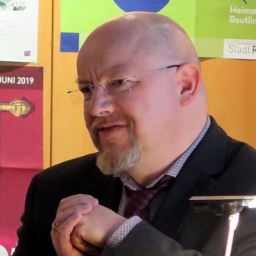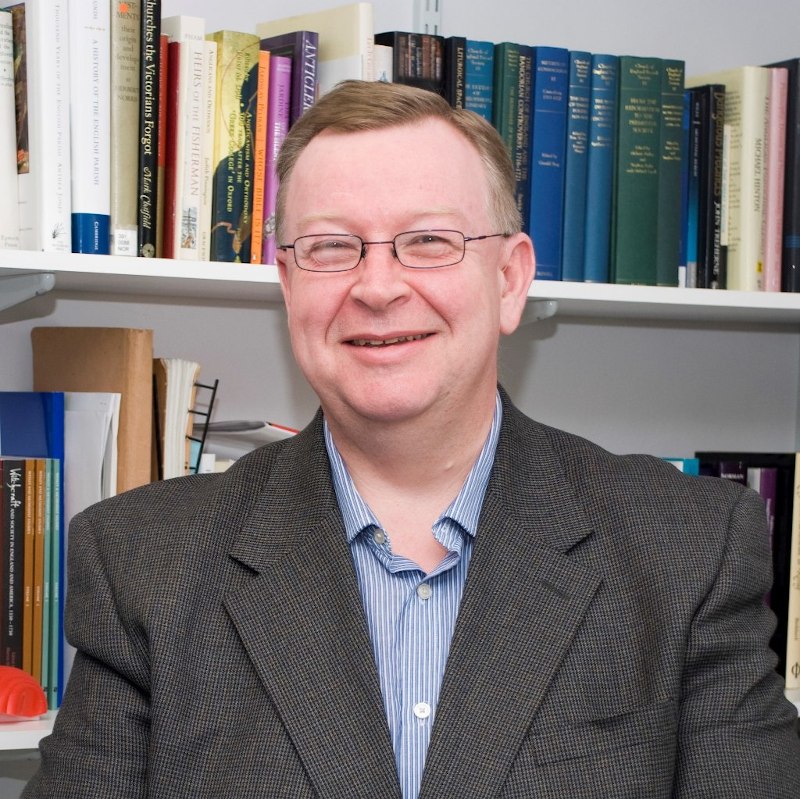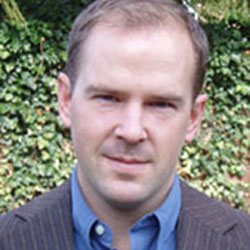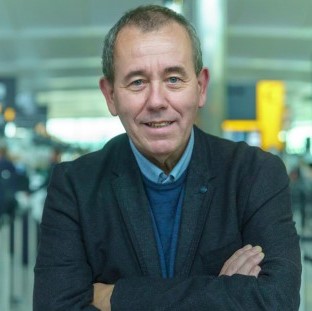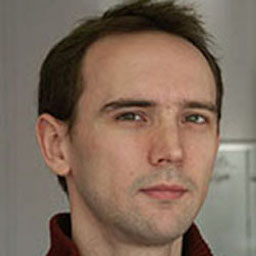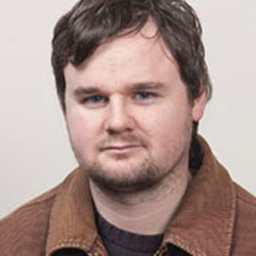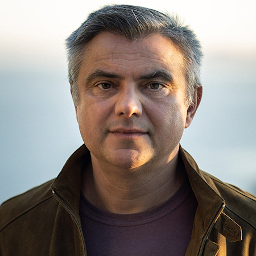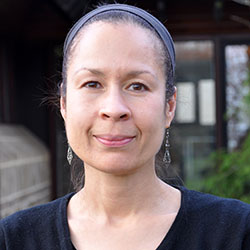Sam Mitchell’s teachers told him that Oxford Brookes had a good history department. Now, as a freelance television researcher working on factual programmes and developing ideas for future productions, he is extremely happy that he studied here.
At Brookes I really developed my research skills and the ability to read around a topic relatively quickly and assess the key points; always useful when a producer asks you to find some interesting facts about a subject you’ve never heard of by the end of the day!
The variety of modules on offer on the history course was the best part, overseen by a knowledgeable and enthusiastic staff. I had the chance to learn not only the history of other parts of the world, but also other aspects of British history. It was my first time studying social history, and I loved it.
I think being in a city full of libraries, lecture halls, and bookshops definitely shaped my approach to learning. It isn’t possible to leave Oxford after three years and not have that affect you in some way.
